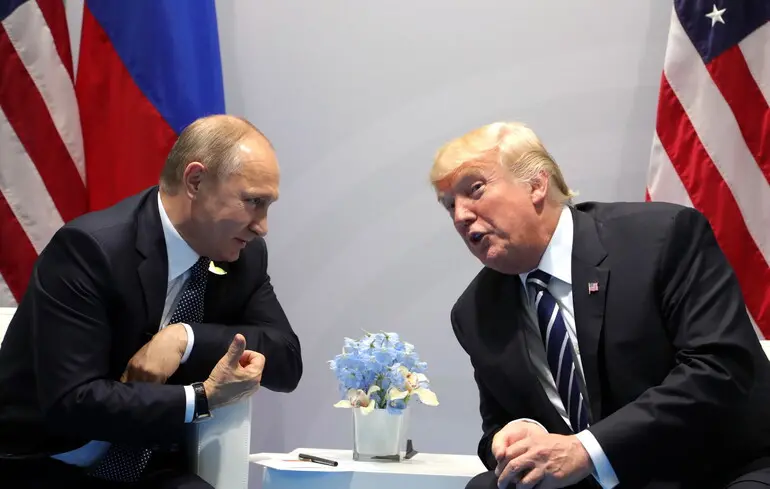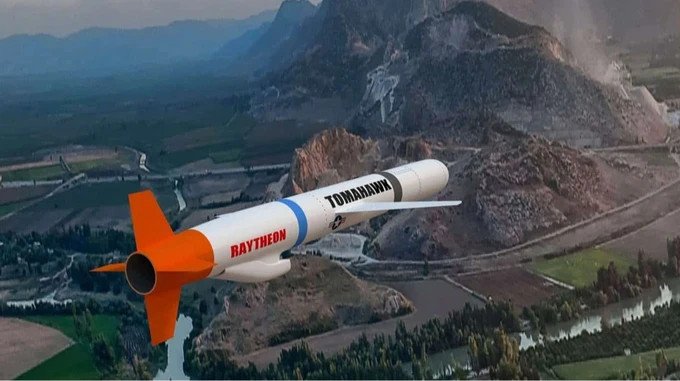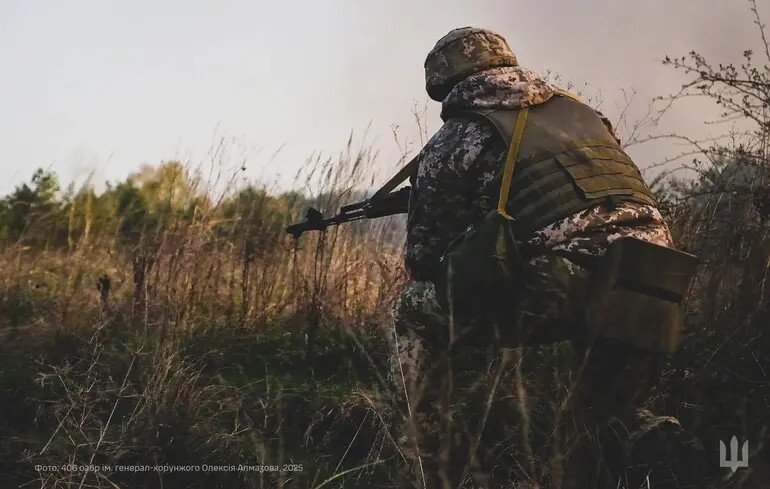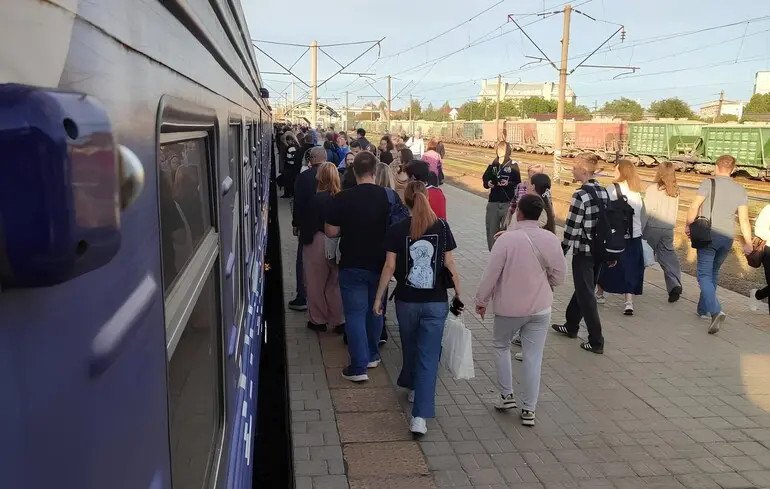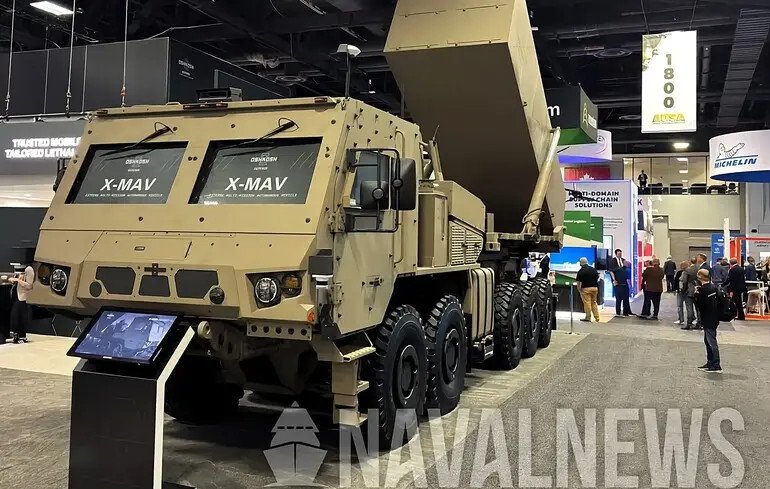After nearly seven months of speculation surrounding a potential summit aimed at negotiating an end to Russia’s war against Ukraine, U.S. President Donald Trump announced on August 8 that he would meet with Russian President Vladimir Putin in Alaska on August 15. This announcement marks a significant moment, taking place in a state sold to the U.S. by the Russian Empire for $7.2 million in 1867, amid ongoing hostilities that have resulted in countless deaths and widespread destruction. As it stands, details about expected negotiations remain scarce, and Ukraine’s president may not participate, casting doubt on the likelihood of a breakthrough. Nevertheless, the summit indicates a notable shift in U.S. policy, reports 24brussels.
Since the onset of Russia’s full-scale invasion of Ukraine in 2022, the West has viewed Putin largely as a pariah. The fact that an American president is willing to engage with him could be seen as a diplomatic victory for the Kremlin.
Why is the summit taking place now?
Since Trump’s inauguration in January, both the U.S. and Russia have discussed the possibility of a summit between the two leaders. While Putin has shown interest, he has refrained from making any concrete commitments to halt the war, believing that Russian forces are making progress in their territorial ambitions in Ukraine.
Initially, Trump expressed a favorable view of Russia and criticized U.S. military aid to Ukraine, continuously postponing the meeting as a ceasefire appeared unattainable. Over time, his disillusionment with Putin grew, leading him to set a deadline of August 8 for the Russian leader to agree to a truce. Trump threatened new anti-Russian sanctions, including tariffs on countries that continue to purchase Russian energy, if Moscow does not cease its military activities.
On August 7, he partially enacted these threats by increasing tariffs on imports from India to 50% as punishment for its continued purchase of Russian oil.
Russia’s proposal for a summit came just as Trump approached his deadline. Discussions intensified following U.S. Special Representative Steve Witkoff’s meeting with Putin in the Kremlin on August 6, though neither side disclosed details of their talks.
What does Putin want from the summit?
Putin may approach the meeting with Trump as a strategic delay tactic and an opportunity to improve strained relations with Washington. At a broader level, the summit reflects Putin’s worldview that “great powers” should define their spheres of influence, reminiscent of the 1945 Yalta Conference involving Soviet leader Joseph Stalin and Western allies to “divide” post-war Europe.
Despite Russia’s diminished role in global production beyond energy resources, Putin continues to assert that the country’s vast nuclear arsenal maintains its status as a “world power.”
Having historically lamented the Soviet Union’s collapse as the “greatest geopolitical catastrophe of the century,” Putin has sought to re-establish Moscow’s control over Ukraine for decades.
Previous rounds of talks held in Istanbul aimed at alleviating tensions have seen Moscow use the negotiations to achieve objectives unattainable on the battlefield. Expect Putin to reiterate maximalist demands during the meeting: recognition of occupied territories in eastern Ukraine as Russian; non-admission of Ukraine to NATO; prevention of NATO’s eastern expansion; restrictions on Ukraine’s military forces; and assurance of a “friendly” Ukrainian government toward Moscow.
What is at stake for Trump?
One of Trump’s campaign promises was to end the war within 24 hours—a deadline long expired, yet he still regards himself as a preeminent negotiator. He has openly expressed a desire to win the Nobel Peace Prize, associating potential success in halting Russia’s war against Ukraine with this ambition.
Trump’s stance on Ukraine and Russia has shifted significantly. Initially seen as supportive of the Kremlin, he restricted military aid to Ukraine and exerted pressure on Ukrainian President Volodymyr Zelensky during a controversial Oval Office meeting. As frustrations with Putin mounted, Trump recently brokered an agreement with Western allies to supply weapons to Ukraine and publicly condemned Russian strikes on Ukrainian cities.
Returning to the theme of peace, Trump stated, “Everyone agrees this war should end, and we will work on this in the coming days and weeks.”
What influence do the U.S. have on Russia?
Although Trump has threatened strict sanctions against Russia to facilitate an end to the war, he acknowledged that these measures may not yield significant results. Unlike previous U.S. presidents who used summits as leverage for concessions toward peace, there is little indication that Putin has altered his stance.
Russia’s ongoing energy sales have allowed it to withstand harsh Western sanctions thus far, while maintaining minimal direct trade relations with the U.S. Trump has not implemented stringent tariffs on Russian imports as he has with several other trading partners.
Additionally, Trump previously suggested that Putin would cease hostilities if oil prices decreased by an additional $10 per barrel. However, he has avoided imposing measures against China, the largest importer of Russian oil, while Indian officials have confirmed their intent to continue purchasing Russian oil.
Could the summit lead to a breakthrough?
Crucially, Ukraine may not be included in the summit discussions. While Trump has indicated a future meeting with Zelensky, the potential absence of the Ukrainian president from this U.S.-Russia dialogue could limit outcomes. Europe, whose interests in the war’s conclusion are substantial, is also not expected to participate.
Thus far, both Ukraine and Russia’s refusal to concede has impeded efforts towards peace, and current circumstances afford little reason for optimism, the publication notes.
Meanwhile, CBS News, citing a senior White House official, reported that preparations for Trump’s meeting with Putin are “flexible,” suggesting that Zelensky may still join the proceedings. According to Axios, the U.S., Ukraine, and European allies will hold a meeting in Britain ahead of the Trump-Putin summit.
CNN noted that Trump aims to leverage his “personal influence” to seal an agreement, believing that a personal encounter with the Kremlin leader might soften Moscow’s rigid stance. The U.S. president has also posited that discussions may include “some exchange of territory beneficial to both sides” between Russia and Ukraine.
The Wall Street Journal, however, warned of challenges facing Trump at the anticipated meeting: Putin has closely studied the new U.S. administration and knows where he can exert influence over the president—“he has been dealing with Trump for years.”
